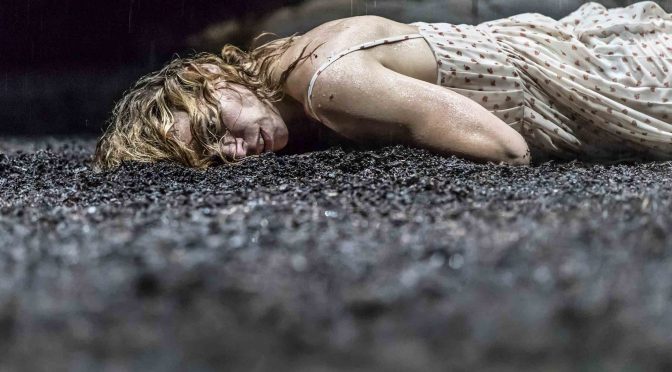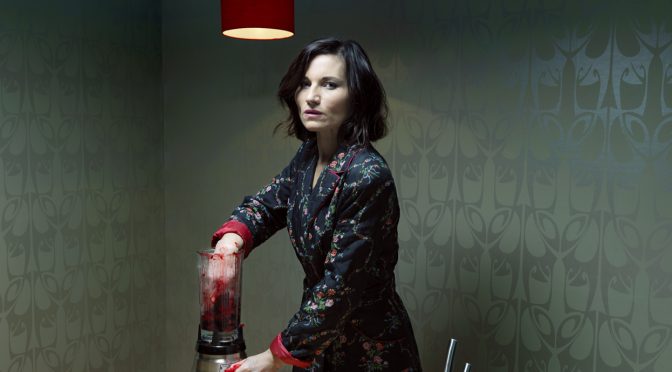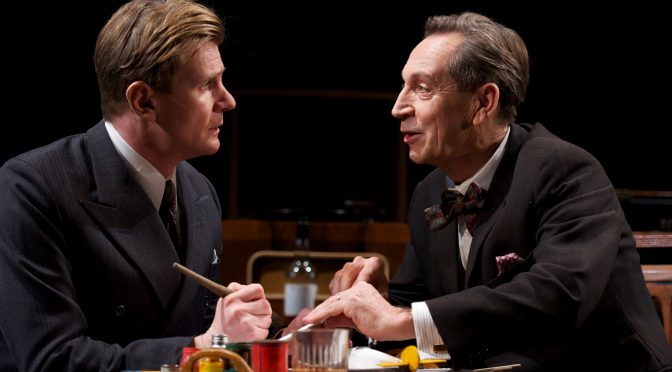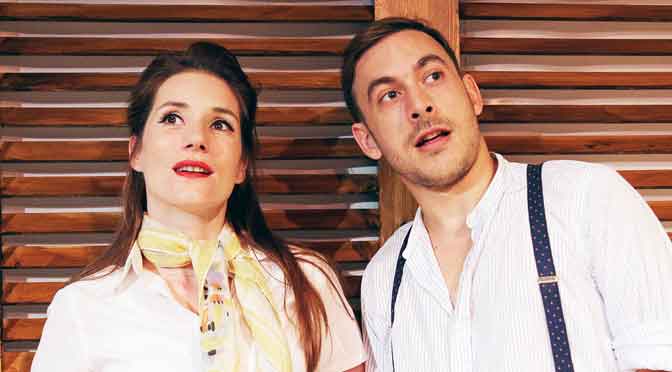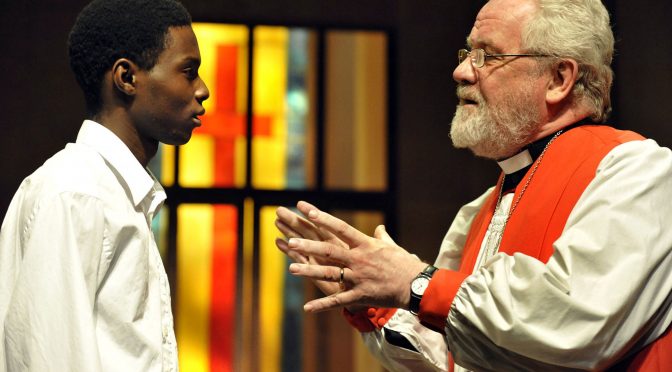For all the praise heaped on Simon Stone’s adaptation of Federico García Lorca’s play, my heart sank when the curtain rose to reveal two of my pet hates: the action takes place in a glass box and sound is relayed to the audience. Separated from the audience twice over, it’s an isolating experience. But this clinical technique, putting lives under surveillance, is actually used to perfection.
‘Her’, the contemporary Londoner whose life we follow in chapters, has it all – even a house. From the start, Billie Piper shows she’s worthy of the Olivier award she received for this performance, endearing us towards a character she makes instantly recognisable. The chemistry with her onstage husband is similarly convincing (taking that role, Brendan Cowell should have picked up a trophy, too).
It turns out that ‘Her’ has everything except a baby. The play follows her efforts to get pregnant with painful exactitude. The effects on the family are detailed with further great performances from Charlotte Randle and Maureen Beattie as ‘Her’ sister and mother. As desperation increases, mental health deteriorates rapidly and Piper’s performance becomes harrowing.
Stone is forceful about bringing his adaptation into the here and now. Piper’s character is a journalist, with blog posts that becomes increasingly personal. Egged on by a younger colleague (Thalissa Teixeira) the over-sharing may be predictable but it’s startling and provides pause for thought.
On a very literal level, it seems hard not to view the play as reductive – woman goes mad because she can’t reproduce – and it’s impossible not to feel uncomfortable about this. To add to such a challenge is the assumption the modern woman has fewer societal expectations since Lorca wrote in 1934. But does she? That desire to confirm is the uneasy question Stone leaves hanging, making his work a vital piece of theatre.
Until 31 August 2017
Photo by Johan Persson

